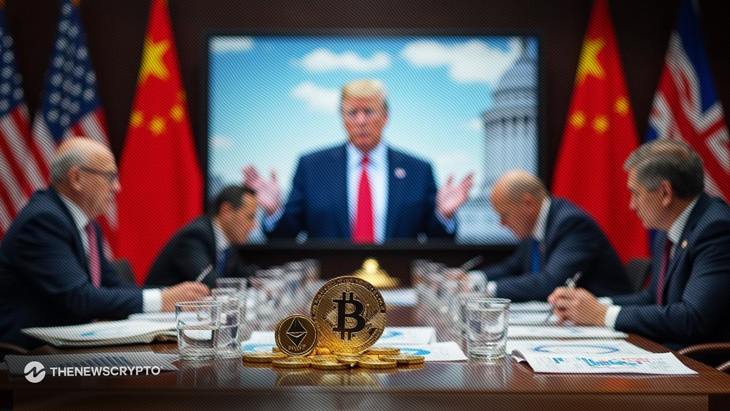TheNewsCrypto
3w
394

Image Credit: TheNewsCrypto
Political Endorsements and Cryptocurrency Volatility
- The LIBRA scandal involving Argentina’s President Javier Milei has highlighted the ethical aspects of political endorsements in the cryptocurrency space.
- Political endorsements of cryptocurrencies raise concerns about market manipulation, conflict of interest, and the need for transparency.
- Cryptocurrency endorsements by politicians can lead to speculative mania and unstable market conditions based on hype rather than intrinsic worth.
- Market volatility can be influenced by political endorsements, with quick price surges followed by sharp declines as hype dissipates.
- Conflicts of interest arise when politicians promote cryptocurrencies without disclosing personal financial interests, eroding public trust in both politics and the crypto industry.
- Transparency is crucial in political endorsements of cryptocurrencies to ensure genuine conviction and prevent market manipulation.
- Regulatory scrutiny is essential to protect investors, enhance transparency, and prevent conflicts of interest in the cryptocurrency space.
- Lessons from the LIBRA controversy underscore the importance of transparency, ethical considerations, and accountability in political endorsements.
- Political endorsements play a significant role in the rise of meme coins, leading to explosive price increases but also posing risks of volatility, regulatory scrutiny, investor risk, and market manipulation.
- Investing in meme coins requires thorough research, evaluation of sponsorships, diversification, vigilance on regulations, and readiness for volatility.
- The future of meme coins depends on transparency, real-world utility, adherence to regulations, and a balance between fun and practical applications in the crypto space.
Read Full Article
23 Likes
For uninterrupted reading, download the app